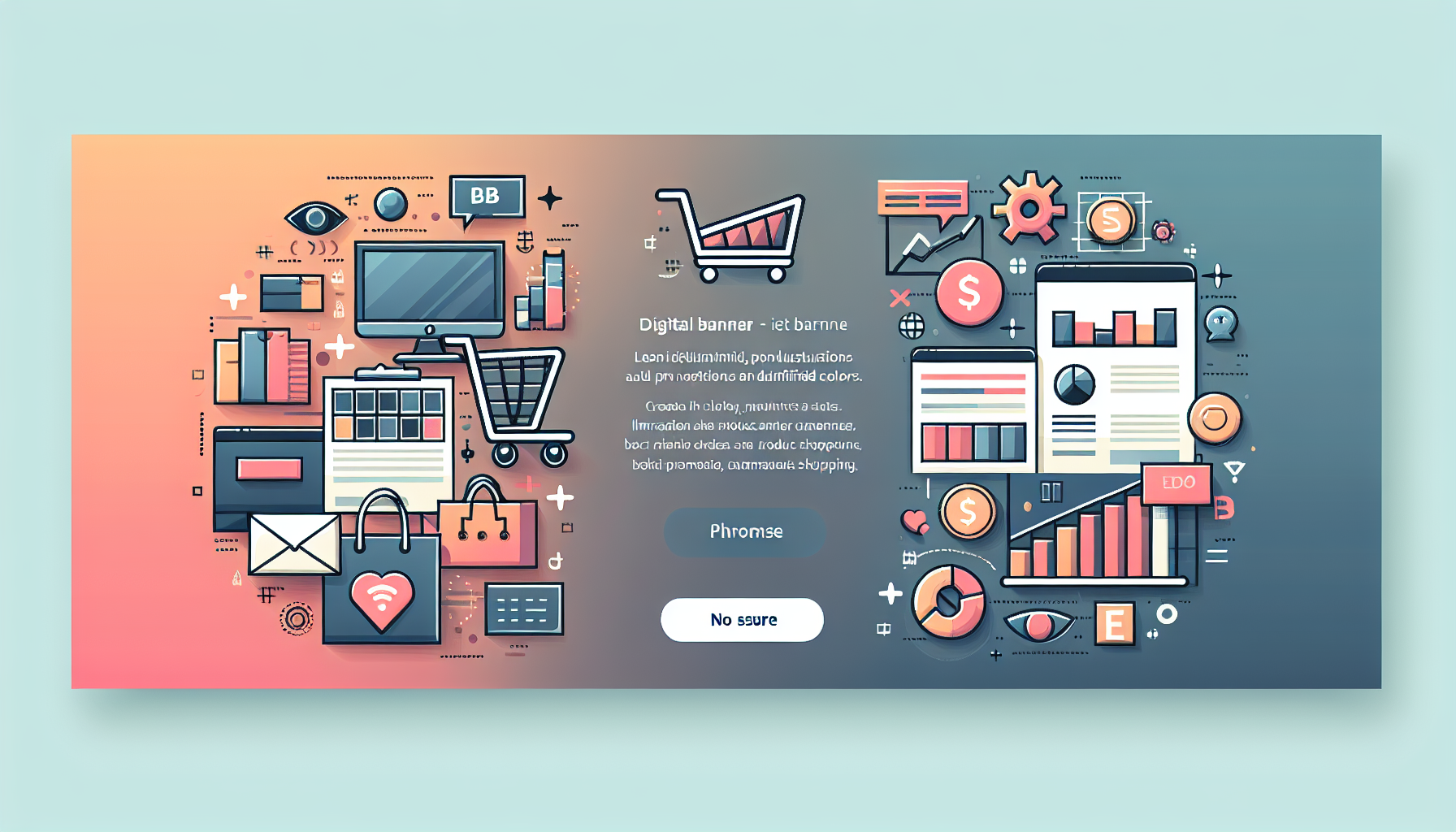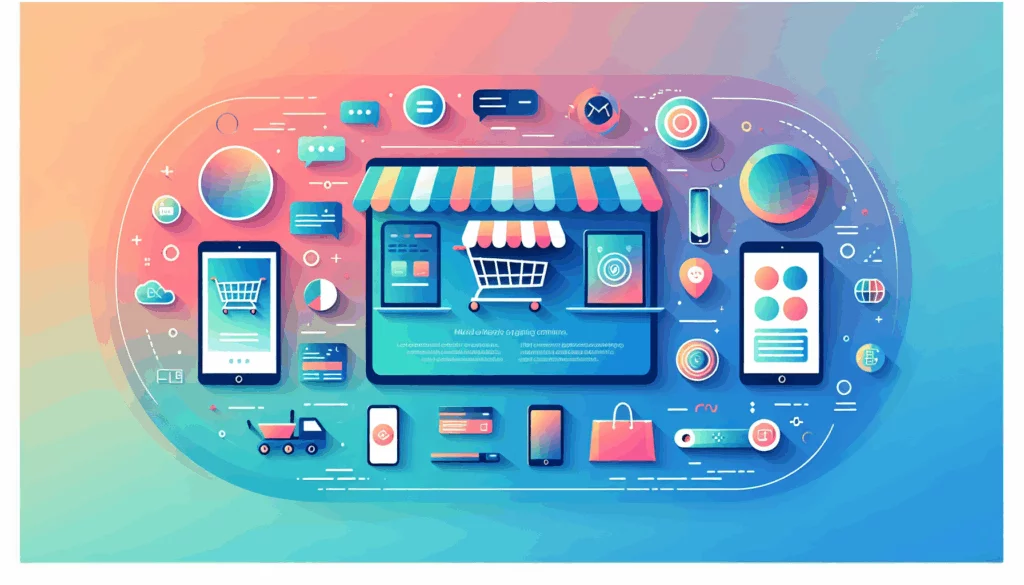
As businesses continue to evolve and expand their market reach, the role of e-commerce platforms has become increasingly pivotal. One sector that has seen significant growth in recent years is business-to-business (B2B) e-commerce, where companies sell products or services directly to other businesses. Among the platforms that have risen to prominence in this space is Shopify, a name traditionally associated with business-to-consumer (B2C) e-commerce solutions. However, Shopify’s B2B features have been rapidly developing, offering a comprehensive suite of tools designed to enhance B2B transactions.
Unlocking B2B Potential with Shopify
Shopify’s foray into B2B e-commerce has been marked by innovative features that cater to the complex needs of wholesale businesses. One of the key strengths of Shopify’s B2B model is its ability to integrate seamlessly with existing e-commerce setups, allowing businesses to operate both B2B and B2C platforms from a unified interface. This convergence simplifies operations and reduces costs by leveraging a single platform for multiple business models.
B2B Features Overview
At the heart of Shopify’s B2B capabilities are several key features:
- Customizable Storefronts and Themes: Shopify allows businesses to create personalized storefronts for their B2B clients, offering a tailored shopping experience that aligns with the specific needs of each company. This includes the use of custom themes and Shopify’s templating language, Liquid, to build unique storefronts.
- Custom Buying Experiences: Businesses can craft custom product catalogs, pricing, and quantity rules to cater to different organizational structures and purchasing processes. This flexibility ensures that each B2B customer receives a buying experience that is designed specifically for them.
- Streamlined B2B Checkout: The checkout process is optimized for efficiency, featuring self-checkout tools and support for bulk orders. Additionally, flexible payment terms and vaulted credit cards enhance transaction security and speed.
Building a Strong B2B E-commerce Platform with Shopify
When building a B2B e-commerce platform on Shopify, several factors must be considered to ensure success:
Key Considerations
Here are some key points to consider when setting up a B2B e-commerce platform on Shopify:
- Integration with Existing Systems: One of Shopify’s strengths is its ability to integrate with external systems such as Enterprise Resource Planning (ERP) and Customer Relationship Management (CRM) tools. This integration enables seamless data exchange and automation of business processes, making it easier to manage complex B2B operations.
- Customization and Personalization: The ability to offer customized storefronts and buying experiences is crucial for B2B businesses. This personalization not only enhances customer satisfaction but also helps in building stronger relationships with clients.
- Scalability and Performance: With the support of robust hosting solutions like Kinsta, businesses can ensure that their Shopify B2B platforms remain scalable and performant even during periods of high traffic.
Real-World Examples
Companies that have successfully implemented Shopify B2B solutions often report improved operational efficiency and customer satisfaction. For instance, leveraging Shopify’s customizable storefronts allows businesses to tailor their offerings to specific client needs, leading to increased customer loyalty and repeat business.
Maximizing B2B E-commerce Potential with Shopify
While Shopify’s B2B features are designed to enhance business operations, there are also opportunities for further optimization and customization. By leveraging Shopify’s API capabilities, businesses can develop custom integrations with other critical systems, ensuring a seamless workflow across all business functions.
Advanced Integrations and Automation
Shopify’s API and tools like Shopify Flow allow businesses to automate complex workflows, streamline operations, and enhance customer experiences. This automation capability is particularly beneficial for B2B businesses, where efficiency and speed are paramount.
Security and Compliance
In the B2B e-commerce space, security and compliance are essential considerations. Shopify’s robust security features, combined with reliable hosting solutions, ensure that transactions are secure and compliant with relevant regulations.
Conclusion and Next Steps
In conclusion, Shopify offers a powerful platform for businesses looking to establish or enhance their B2B e-commerce operations. By leveraging Shopify’s B2B features, companies can create personalized buying experiences, streamline transactions, and integrate with existing business systems. If you are considering how to optimize your B2B e-commerce strategy, Contact Us today to explore how Belov Digital can help you build a successful B2B platform.
For more insights on how to leverage e-commerce platforms for business growth, visit our Belov Digital Agency website. Additionally, explore Shopify’s B2B features in-depth on their official website at Shopify B2B, or learn more about the benefits of B2B e-commerce at Shopify Enterprise Blog.
Lastly, explore other resources on e-commerce solutions and hosting options to further enhance your B2B platform, such as Experlogix for CPQ solutions and First Pier for e-commerce insights.













